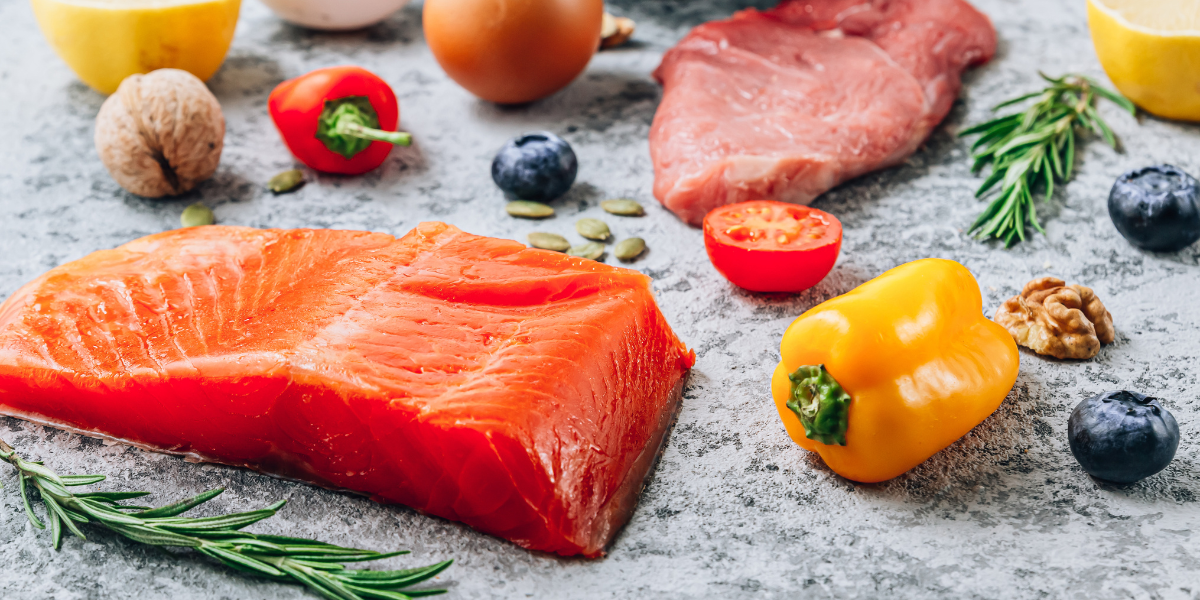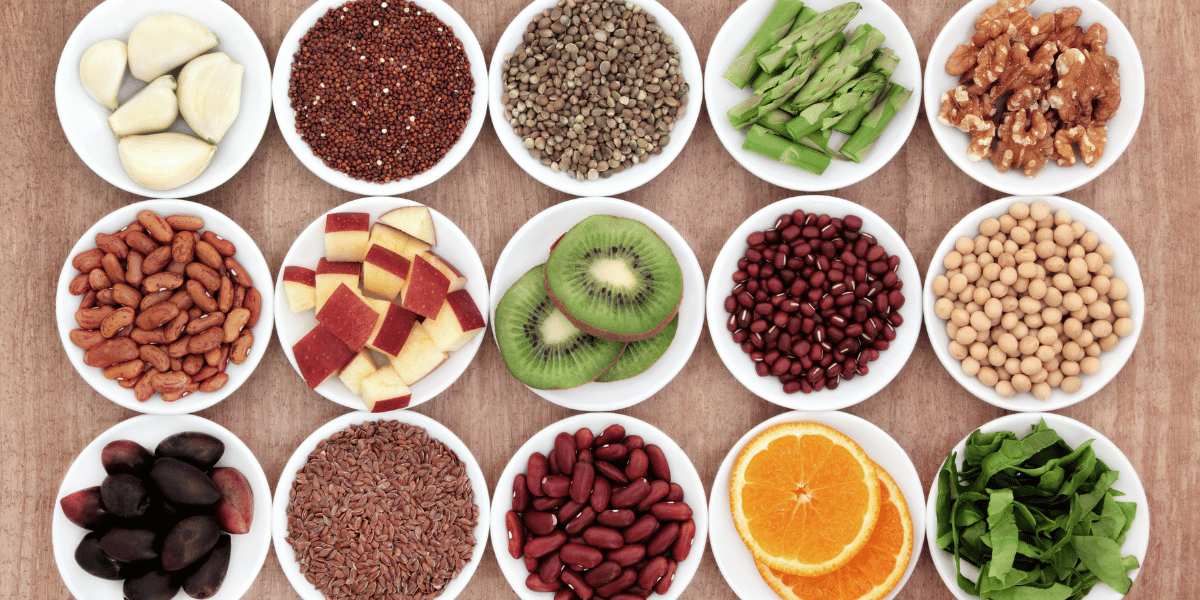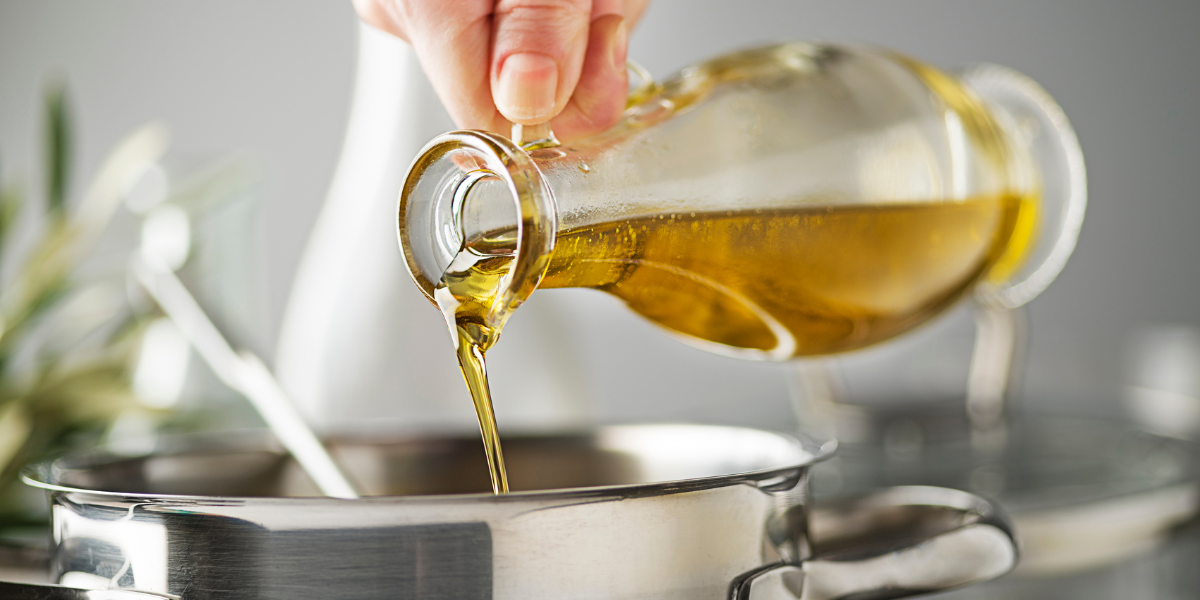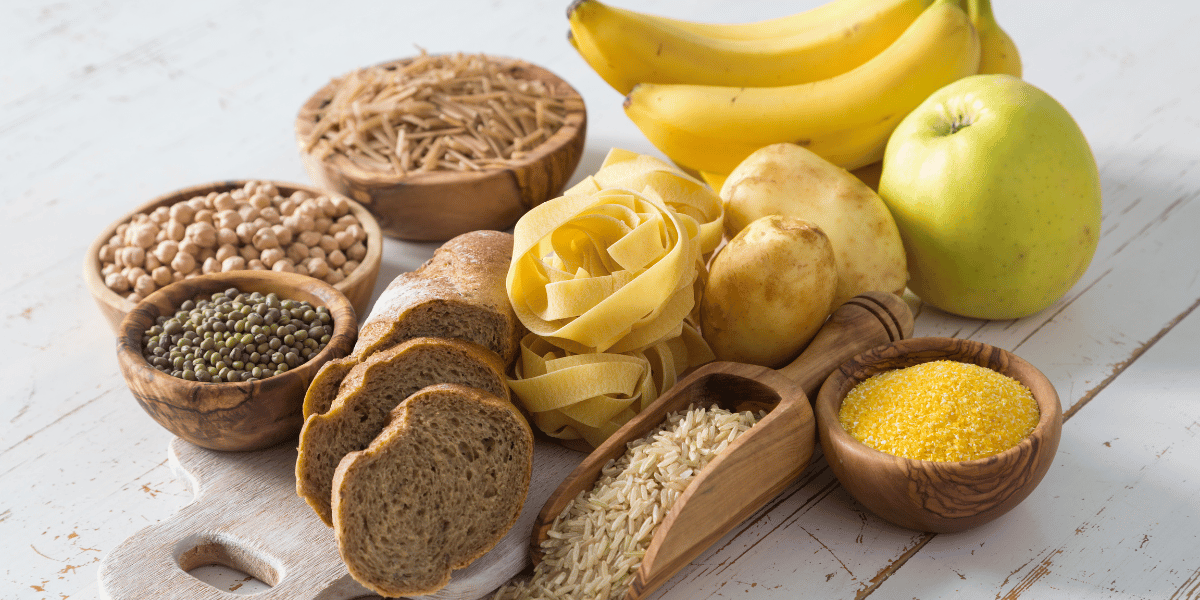Navigating Elimination Diets: How to Personalize Better Health
Are you feeling tired, bloated, or suffering from frequent headaches? Have you experienced sudden weight gain or changes in your skin? If so, it may...
.png?width=70&height=70&name=Stark_LogoMark%20(1).png)
2 min read
 Stark
:
Sep 6, 2024 12:25:00 PM
Stark
:
Sep 6, 2024 12:25:00 PM

It's no secret that the foods you eat affect your overall health and physical ability. However, many people are surprised to learn that hidden food sensitivities can lead to fatigue, bloating, mood swings, and even fat storage. Diets like FODMAP and SIBO can help address these issues and put you on the path to better health and fitness.
FODMAP stands for Fermentable Oligo-Di-Monosaccharides and Polyols. These are short-chain carbohydrates found in many Western diets, including lactose, fructose, and sorbitol.
The issue with these molecules is that they are poorly absorbed or not absorbed at all, leading to increased water content in the intestines. Once they reach the large intestine, they produce hydrogen, carbon dioxide, and methane, causing gas, bloating, constipation, and other digestive problems.
If you're doing everything right but not seeing the fat loss results you want, a low FODMAP diet could be a good starting point. Eliminating foods containing FODMAPs may help alleviate symptoms like gas, bloating, mood swings, hormonal imbalances, and excess fat storage, particularly around the midsection.
*Note that this is NOT comprehensive list of foods to avoid
SIBO stands for Small Intestinal Bacterial Overgrowth and follows similar principles to the low FODMAP diet. When bacteria in the digestive system grow too rapidly, they produce excess gas and bloating in the intestine. This can interfere with nutrient absorption and digestion, leading to health issues like neurological and muscular diseases, vitamin deficiencies, small intestine obstruction, and diverticula.
Both the low FODMAP and SIBO diets emphasize that gut health is crucial for overall health and fat loss. Excess harmful bacteria in the digestive system can cause chronic inflammation, leading to metabolic abnormalities, insulin resistance, and even increased appetite. When the digestive system isn't functioning optimally, the body can't look, feel, or perform its best.
If you're not seeing the progress you want from your exercise and nutrition plan, something needs to change. Eliminating certain foods from your diet can significantly improve various health concerns. Paying attention to FODMAPs and SIBO can help you gain more energy, become more alert, and finally see the fat loss you've been working towards. As always, Stark's medical team is here to help if you need more guidance or a trusted professional's opinion!
Sources:
2. Journal of Gastroenterology and Hepatology
3. Stanford Hospital and Clinics
4. Gastroenterology and Hepatology
5. Science

Are you feeling tired, bloated, or suffering from frequent headaches? Have you experienced sudden weight gain or changes in your skin? If so, it may...

If you've ever wondered what makes picual oil special or how it compares to olive oil, you're in the right place. Picual oil is a hidden gem in the...

Starchy foods have long been a staple in human diets, providing a significant source of energy and essential nutrients, from potatoes and rice to...